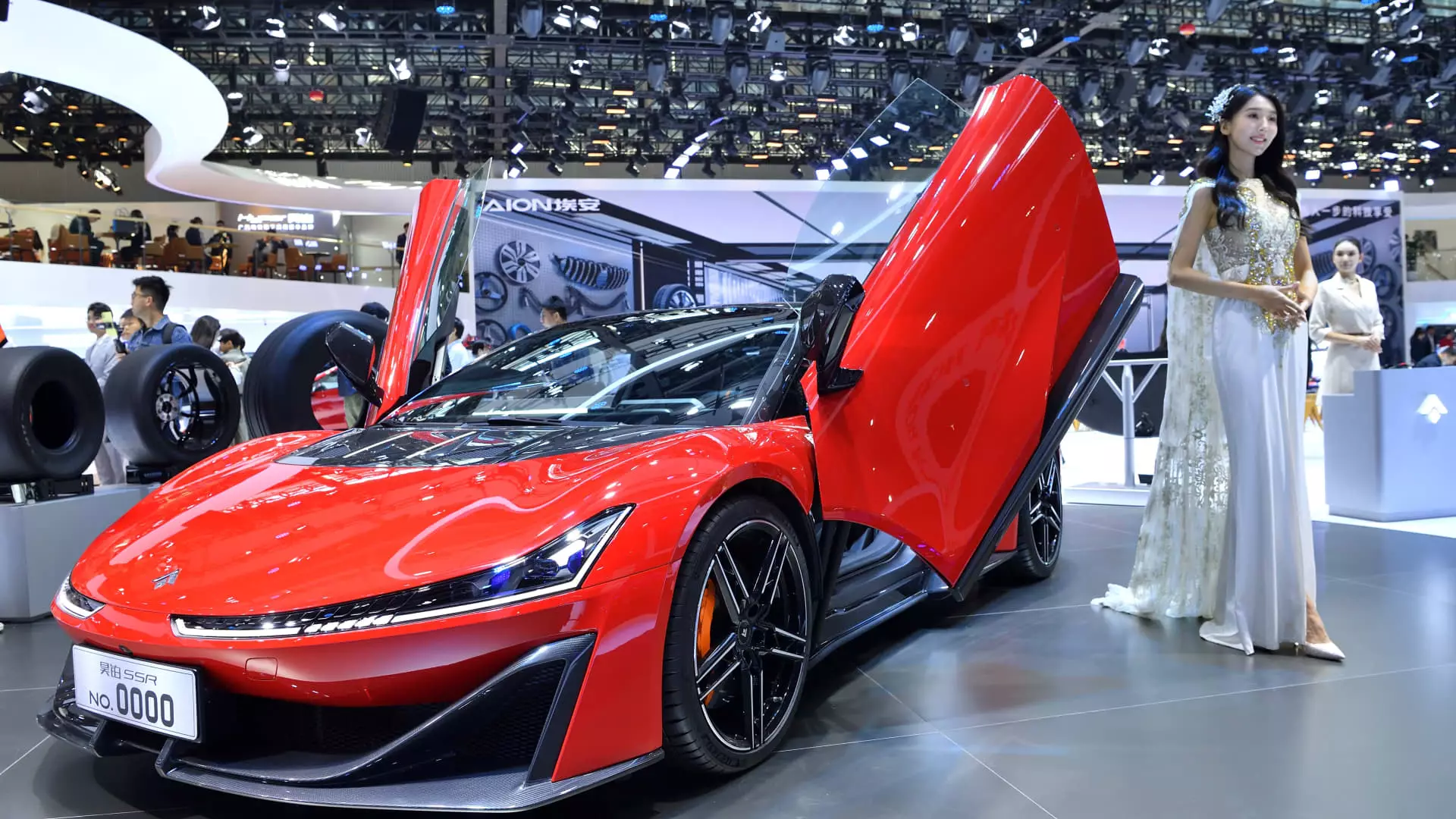Chinese automakers are on track to capture a significant portion of the global automotive market share by 2030, with estimates suggesting they could reach 33% of the market. This growth is expected to come primarily from markets outside of China, where sales are forecasted to triple from 3 million vehicles in 2021 to 9 million vehicles by the end of the decade. The potential impact of this expansion on legacy automakers and political landscapes worldwide is a growing concern, especially as Chinese-made vehicles become more competitive in terms of price and technology.
AlixPartners’ report indicates that Chinese automakers are poised to make substantial gains across various global regions, with expected growth in Central and South America, Southeast Asia, the Middle East, and Africa. However, the forecast for expansion in Japan and North America, particularly the U.S., is more modest due to stricter safety standards and trade barriers. Despite these challenges, the report projects that Chinese automakers will continue to increase their market share in their home country as well, further solidifying their position in the automotive industry.
Competition and Disruption
The rise of Chinese automakers presents a disruptive force in the traditional automotive landscape, as they are able to bring innovative and cost-effective vehicles to market more quickly than legacy automakers. With a focus on advanced technology, design, and efficient production methods, Chinese automakers are well-positioned to meet evolving consumer preferences and capture market share at an unprecedented pace. This has already had a notable impact on legacy automakers like General Motors, which have faced challenges in maintaining their foothold in China amid increasing competition from domestic brands.
One of the key drivers of Chinese automakers’ success lies in their cost advantages, localized production strategies, and tech-enabled vehicles that cater to changing consumer demands. By adopting a build-where-you-sell approach and streamlining their development processes, Chinese automakers have been able to outpace their competitors in terms of product innovation and time-to-market. This presents a significant challenge for traditional automakers, who must reevaluate their business models and development timelines in order to remain competitive in the evolving automotive landscape.
The rapid expansion of Chinese automakers on a global scale is reshaping the automotive industry and challenging established norms. As they continue to gain market share and disrupt traditional business practices, it is clear that Chinese automakers are poised to play a significant role in shaping the future of mobility. Legacy automakers must adapt to this changing landscape by embracing innovation and agility in order to stay relevant in an increasingly competitive market.

